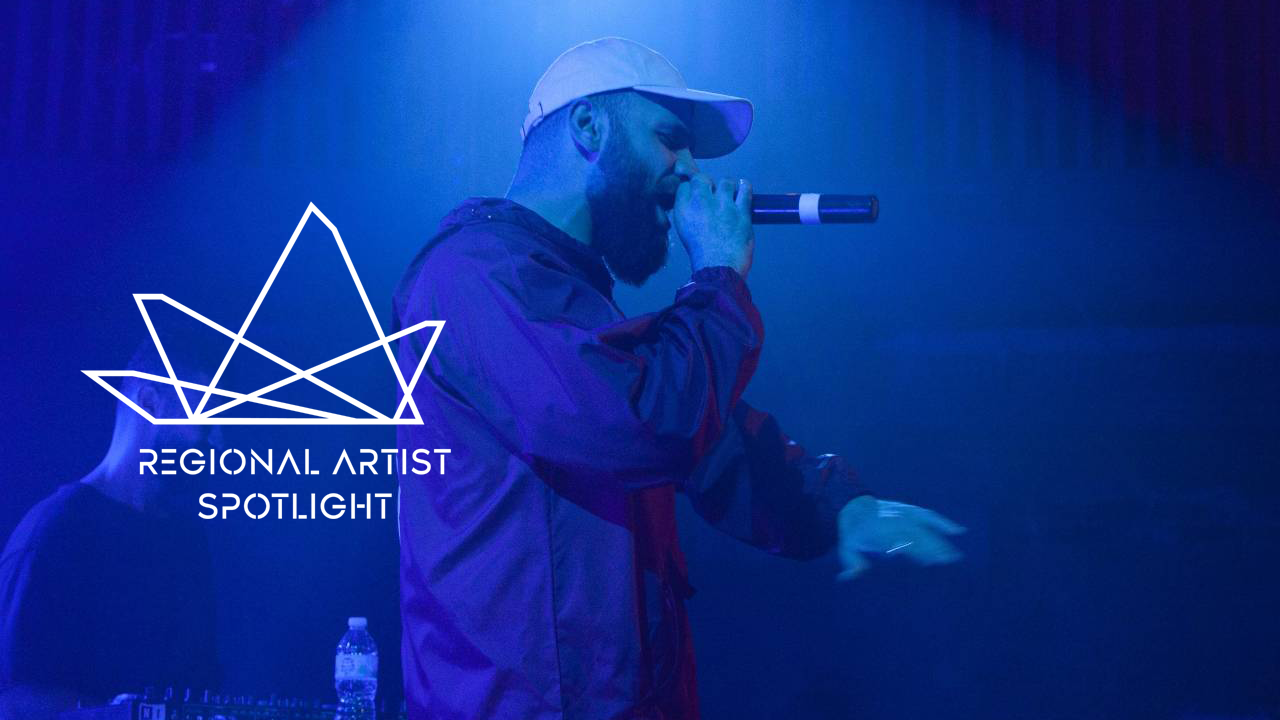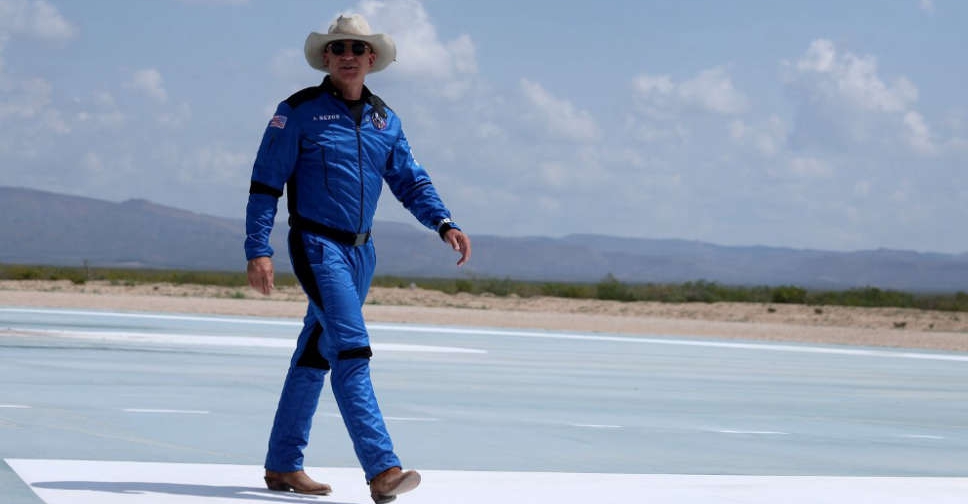
A team led by Jeff Bezos' Blue Origin won a coveted $3.4 billion (AED 12.5 billion) NASA contract to build a spacecraft to fly astronauts to and from the moon's surface, cryptically adding that it was "to stay".
It is a breakthrough for the company two years after it lost out to Elon Musk's SpaceX in another competition.
Blue Origin plans to build its 52-foot (16-metre) tall Blue Moon lander with Lockheed Martin Corp, Boeing Co, software firm Draper and robotics firm Astrobotic. NASA picked Blue Origin over a rival bid led by defence contractor Dynetics, including Northrop Grumman Corp.
NASA's decision to go with Bezos and Blue Origin will give it a second option for sending astronauts to the moon under its Artemis program. NASA awarded fellow billionaire Musk's SpaceX $3 billion (AED 11 billion) in 2021 to build its Starship spacecraft to land astronauts on the lunar surface for the first time since the final Apollo mission in 1972.
The first two Starship missions are slated for later this decade.
"Honored to be on this journey with @NASA to land astronauts on the Moon - this time to stay," Amazon.com billionaire founder Bezos said on Twitter after the announcement.
Honored to be on this journey with @NASA to land astronauts on the Moon — this time to stay. Together, we’ll be solving the boil-off problem and making LOX-LH2 a storable propellant combination, pushing forward the state of the art for all deep space missions. #Artemis… pic.twitter.com/Y0zDhnp1qX
— Jeff Bezos (@JeffBezos) May 19, 2023
"I've said it before: we want more competition, we want two landers, and that's better," NASA Administrator Bill Nelson said at an event announcing the contract at NASA's headquarters. "It means that you have reliability; you have backups."
The contract follows NASA's trend in recent years in which it helps fund the development of private astronaut spacecraft, then pays to use the craft in missions rather than spending more to own the vehicle entirely.
Blue Origin, founded in 2000, is investing "well north" of the $3.4 billion figure to develop the spacecraft, the company's lunar lander chief John Couluris told reporters at the event.
NASA said in a contract document that it picked Blue Origin's proposal for its lower price, extra lander capabilities and a plan to execute two test landing missions on the moon in 2024 and 2025 at the company's expense. But NASA expressed concern about "numerous conflicts and omissions" in Blue Origin's proposed schedule and development deadlines.
The Dynetics-led bid raised NASA concerns over whether it met technical requirements, and the price was "substantially higher," the contract document said.
The Artemis program envisions building a long-term presence on the moon. SpaceX's Starship lander is poised to conduct the first two astronaut moon landings, followed by a similar mission in 2029 with Blue Origin's lander. Each are expected to put two astronauts on the moon's surface.
Friday's announcement was a long-awaited outcome for Bezos, who has invested billions of dollars for Blue Origin to vie for high-profile space awards with SpaceX, a dominant force in satellite launches and human spaceflight.
Blue Origin and Dynetics lost to SpaceX in 2021, with NASA primarily blaming budget constraints for going with only one company.
After losing that competition, Blue Origin unsuccessfully sought to overturn NASA's decision, first with a watchdog agency and then in court. Blue Origin and US lawmakers had pressed NASA to procure a second lander.
NASA's multi-spacecraft plan for the initial Artemis moon trips involves its Space Launch System rocket launching astronauts toward the moon aboard the Lockheed-built Orion capsule. That capsule is designed to dock in space with SpaceX's Starship lunar lander, which then would ferry the crew the rest of the way.
For Blue Origin's mission, the Orion capsule and the Blue Moon lander would each dock with a planned space station orbiting the moon. The astronauts would transfer between the vehicles before descending to the moon's surface.




 Bharat Mart marks new era in UAE-India trade ties
Bharat Mart marks new era in UAE-India trade ties
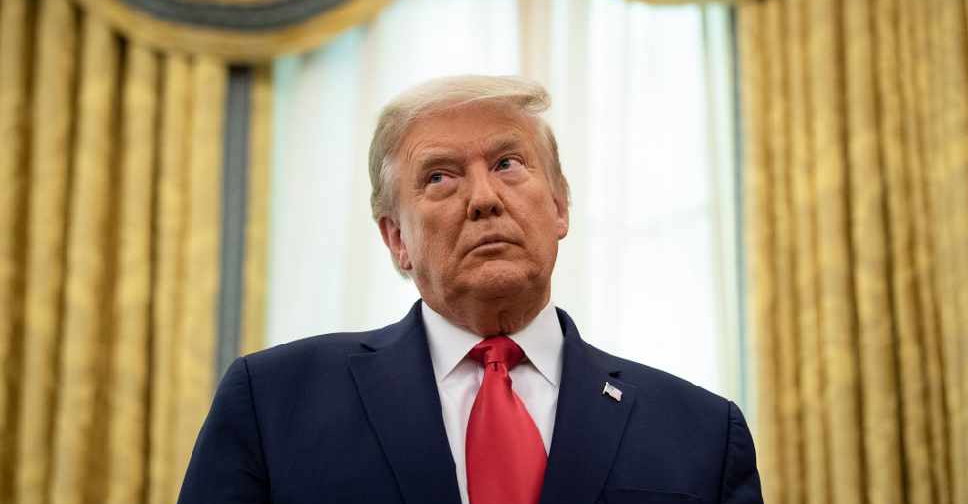 UK economy beats forecasts in Feb but US tariffs threaten growth
UK economy beats forecasts in Feb but US tariffs threaten growth
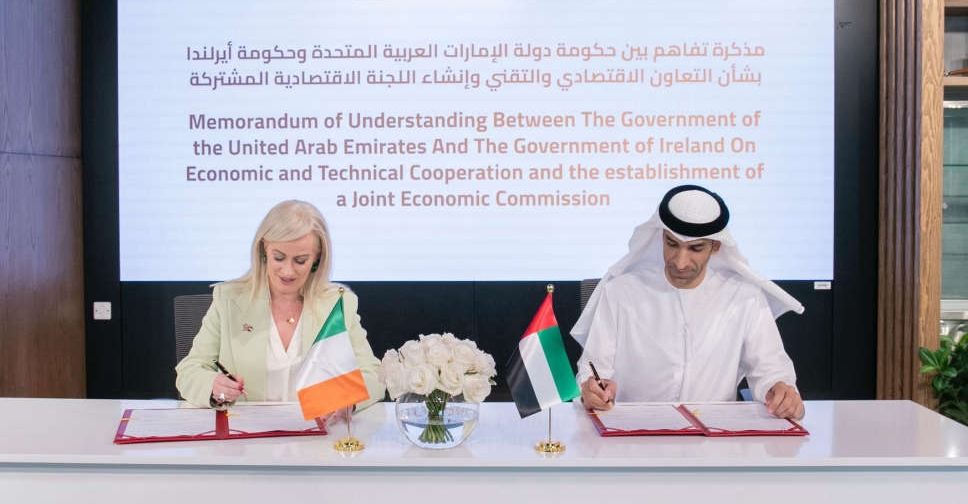 UAE and Ireland to establish Joint Economic Commission
UAE and Ireland to establish Joint Economic Commission
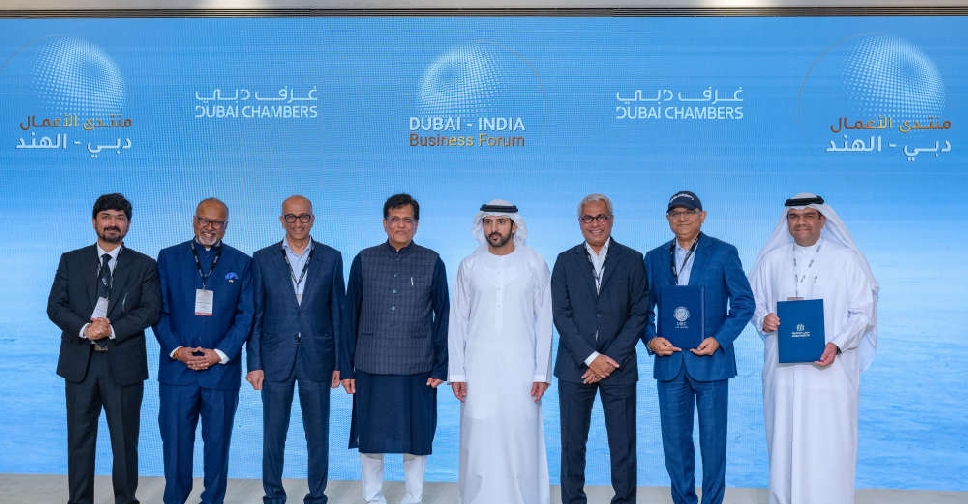 Dubai to host new IIM campus and UAE-India Friendship Hospital
Dubai to host new IIM campus and UAE-India Friendship Hospital




